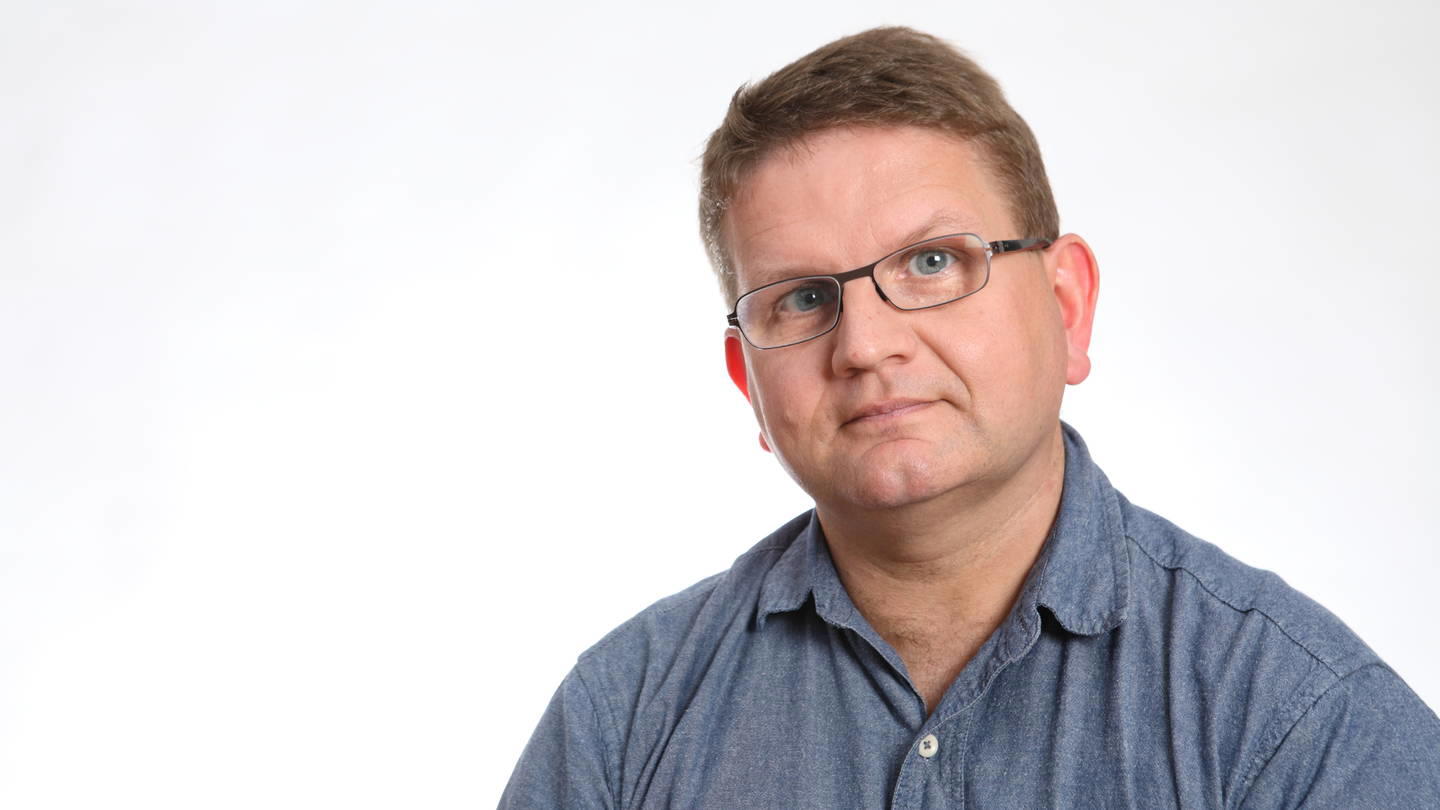Scotland’s long-awaited health and social care workforce plan provides little hope or reassurance to doctors buckling under increasing demand and pressure, the BMA has warned.
BMA Scotland council chair Lewis Morrison said the plan was short on detail, and did not properly acknowledge serious challenges with vacancies and punitive pension-tax arrangements.
While he said it was welcome that the plan had finally been published – and praised some elements, such as a commitment to multidisciplinary teams in primary care – he warned that it did not go nearly far enough.
‘I doubt any doctor working in Scotland will feel this plan addresses either the urgency or the seriousness of the workforce shortages we face,’ Dr Morrison said.
‘To see lines about record numbers of staff being repeated again is not a message NHS staff want to hear – they want to hear about a plan to provide the staff we need, not the ones that we have when that is clearly not enough to meet rising demand or fill vacancies.’
Short on detail
 BMA Scotland council chair Lewis Morrison
BMA Scotland council chair Lewis Morrison
Dr Morrison said there was little in the plan to show how the vacancies challenge would be addressed in general practice or in hospitals, and that there was little sense of how the NHS would retain the staff it had in place.
‘There are few concrete proposals to genuinely improve working lives, and relieve pressure on doctors working well beyond their contracted hours, and conditions which mean they are not always able to provide the kind of quality care they want to,’ he added. ‘Many senior doctors will tell you the biggest issue in terms of the capacity to deliver care is the impact of massive pension tax bills forcing them to cut hours or retire early – yet this report fails to address that key issue.’
The Scottish Government published the plan, which was created in partnership with the local authorities’ representative body COSLA, and which is intended to ensure there are enough staff with the right skills in place across Scotland’s integrated health and social services.
Steps include an increase of 375 district nurses over five years, an 8.6 per cent increase in the number of mental health officers, and an additional 60 places for clinical psychologists.
Stroke care
Funding will also be provided to roll out a scheme to skill up interventional radiologists in mechanical thrombectomy to treat stroke victims across the country.
Health secretary Jeane Freeman said the Scottish Government would continue to do all it could to protect health and social care services, even as the threat of no deal Brexit remained.
‘This is the UK’s first integrated health and social care workforce plan and it will be invaluable in helping us to anticipate and respond to the changing and growing demand faced by our health and social care services,’ she said.
But Dr Morrison added that it was hard to escape the conclusion that this plan was a long way from where the service needed to be in regards to long-term workforce ambitions.
‘The devil is in the detail and we will push for the commitments it contains to be delivered. Otherwise, we need to see urgent and comprehensive action to make a career as a doctor in Scotland more attractive and to retain the staff we have. That means making our NHS a properly resourced, positive place to work, and we have a long road to travel before we can realistically say that is the case.’

